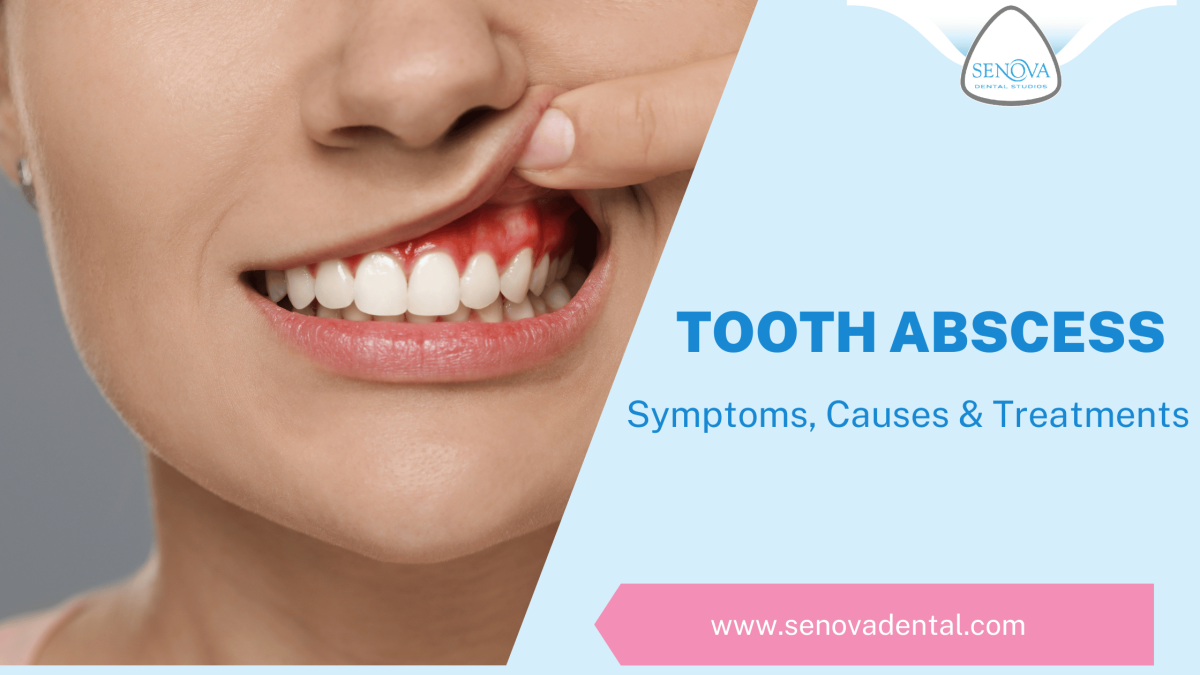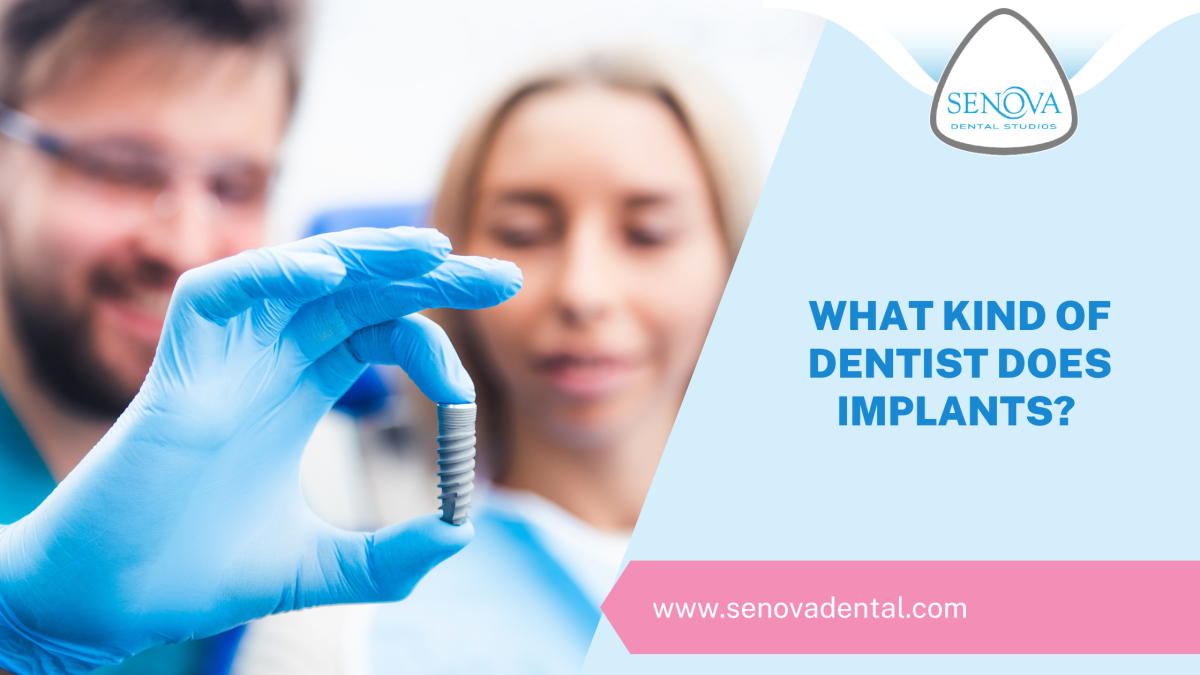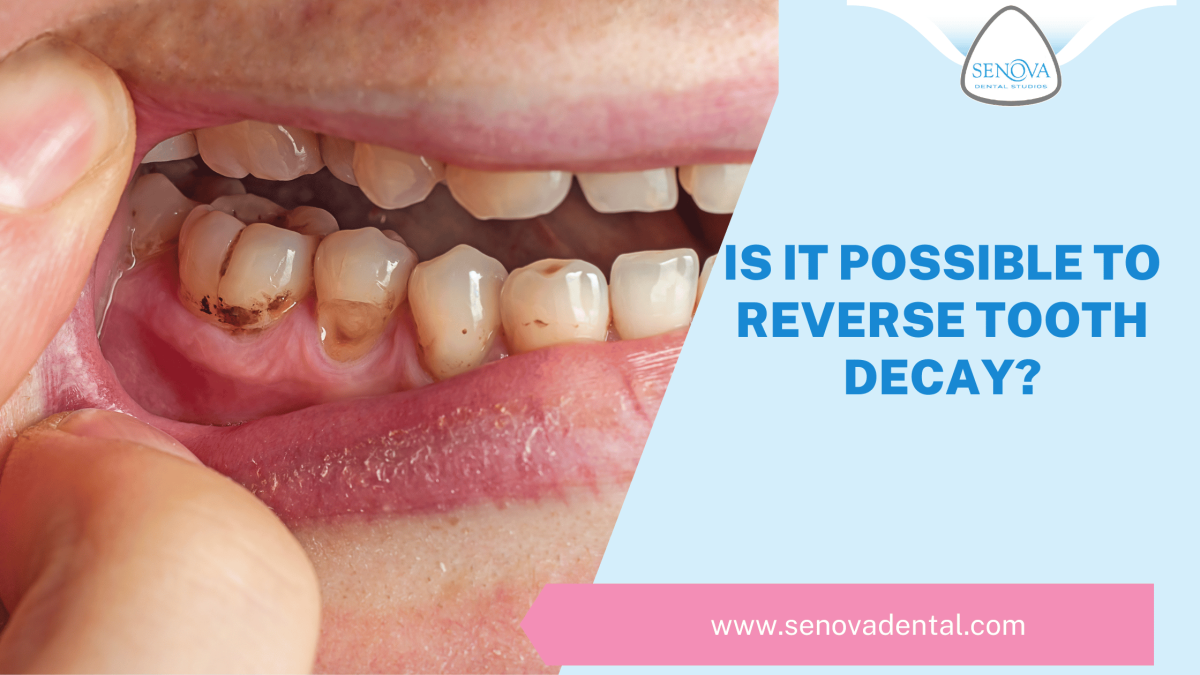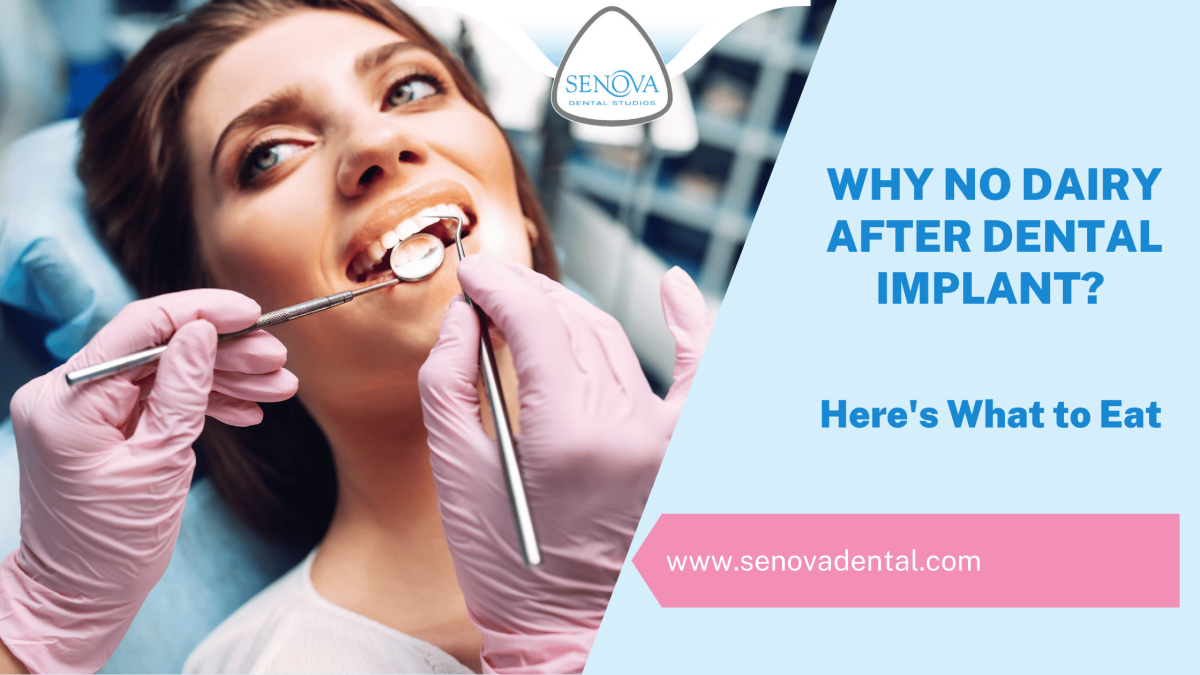
If you have intense pain and swelling around one of your gums, combined with redness and difficulty in opening and closing your mouth, you might be suffering from a dental abscess. But there is no need to worry; a dental abscess is not only preventable but is also treatable when detected timely. According to the statistics provided by the British Dental Association, over 52,000 people visited the A&E with a dental abscess.
In this blog, we will discuss everything you need to know about dental abscesses; what they are, their causes, and how they are treated. So, continue reading till the end to learn more about dental abscesses.
What Is A Dental Abscess?
According to the NHS, a tooth abscess is a condition where pus fills up beneath your teeth or gums. A dental abscess is a painful condition due to a dental infection. Teeth abscesses should be treated without delay. Why? Because failure to treat them timely can result in various complications including tooth loss.
What Are The Causes Of Dental / Tooth Abscesses?
A dental abscess typically results due to the complication of a dental infection. There are two types of dental abscesses: periapical and periodontal abscesses.
- Periapical Abscess – this type of abscess forms around the apex of the tooth’s root (per- = around, apical = apex of the root). A periapical abscess typically occurs due to long-standing tooth decay. Harmful bacteria enter the tooth structure through the tiny holes caused by cavities. They first degrade the outer enamel layer and then attack the inner, softer dentine. Once the dentine has been damaged, the pulp, which is rich in nerves and vessels gets inflamed. This painful condition is known as pulpitis. A periapical abscess is formed when pus starts to form around the jawbone and the tooth’s supporting structure.
- Periodontal Abscess – harmful bacteria residing in dental plaque and calculus result in the inflammation of the gums and the supporting structures of the teeth. This results in the formation of pockets between the teeth and the gums. The ongoing inflammation results in the accumulation of pus inside these pockets causing a periodontal abscess. A periodontal abscess may also occur when a dental procedure accidentally results in pocket formation around the teeth.
How Can An Abscessed Tooth Affect Other Teeth?
Dental abscesses should not be taken lightly as they can spread. For example, an untreated periodontal or per-apical tooth abscess can spread to the neighbouring teeth and damage them. More importantly, the infection can spread into the jawbones, the face, and even other body organs – resulting in life-threatening conditions.
What Are The Signs That A Tooth Abscess Is Getting Worse?
Typical signs of a dental abscess include:
- Throbbing pain in the affected area
- Swelling
- Unpleasant taste in the mouth
- Pus exudation on pressing the affected tooth or jawbone
- A foul odour in the mouth
- The feeling that the affected is “higher” than the rest
As mentioned earlier, if the infection spreads from the tooth to other dental tissues or body organs, it can result in serious, even life-threatening complications. If someone has the following symptoms following a dental abscess, it indicates that the infection has spread into the body:
- High-grade fever
- Body aches
- Generalized weakness
- Difficulty opening or closing the mouth
- Difficulty in swallowing
I Feel Sick From A Tooth Infection. What Can I Do?
If you feel sick after a tooth abscess, it indicates that the bacterial infection has spread into the body. This situation should not be taken lightly as the infection isn’t localised to the tooth anymore. Instead, it has probably spread into your body and is causing generalised symptoms such as fever, body aches, and difficulty swallowing or breathing. If this happens to you or a loved one, you should consult your dentist immediately or head to your nearest emergency room, as it can be life-threatening.
Will A Dentist Remove A Tooth With An Abscess?
Abscessed teeth do not need to be removed always. Your dentist will first evaluate the extent of the infection by performing a clinical examination and looking at the affected tooth’s X-ray images. If the inflammation is reversible, they will remove the inflamed pulp tissue from inside the tooth during a root canal procedure. In some cases, your dentist may also drain the abscess to treat the infection
On the other hand, if the dental pulp has become infected irreversibly, the affected tooth cannot be saved. In such cases, dentists remove the damaged tooth and replace it with an implant-supported prosthesis.
Is Tooth Extraction Safe For A Tooth Infection?
Dental extractions are safe as long as they are performed by experienced dentists. Since a dental extraction is a surgical procedure, dentists must ensure strict cross-infection control to prevent post-operative complications. More importantly, if the surgical procedure is not performed correctly, it can result in various complications such as delayed healing and post-operative tooth infections.
What Is The Best Home Remedy For A Tooth Abscess?
Dental abscesses are best treated by dental professionals. As mentioned earlier, if the inflammation is reversible, they will treat it with a root canal treatment. However, if the tooth has become inflamed irreversibly, they will remove the tooth and replace it with a suitable prosthesis.
But this doesn’t mean that you cannot do anything at home to prevent a dental abscess in the first place. For example, if you take care of your oral hygiene through regular brushing and flossing, and visit your dentist regularly, you won’t have to worry about a dental abscess or other dental infections.
If you live in Watford and want to know more about dental abscesses, their treatment, and how to prevent them, you are welcome to visit us at Senova Dental. Our expert dental professionals are there to answer all your oral health-related queries. So, book an appointment with us today for an initial consultation. After your consultation, you can download a voucher now for a refund of your initial assessment fee worth £85. We look forward to seeing you soon!
- What Kind Of Dentist Does Implants? - December 1, 2024
- When Do Babies Start Teething? - October 26, 2024
- Is It Possible To Reverse Tooth Decay? - September 29, 2024




